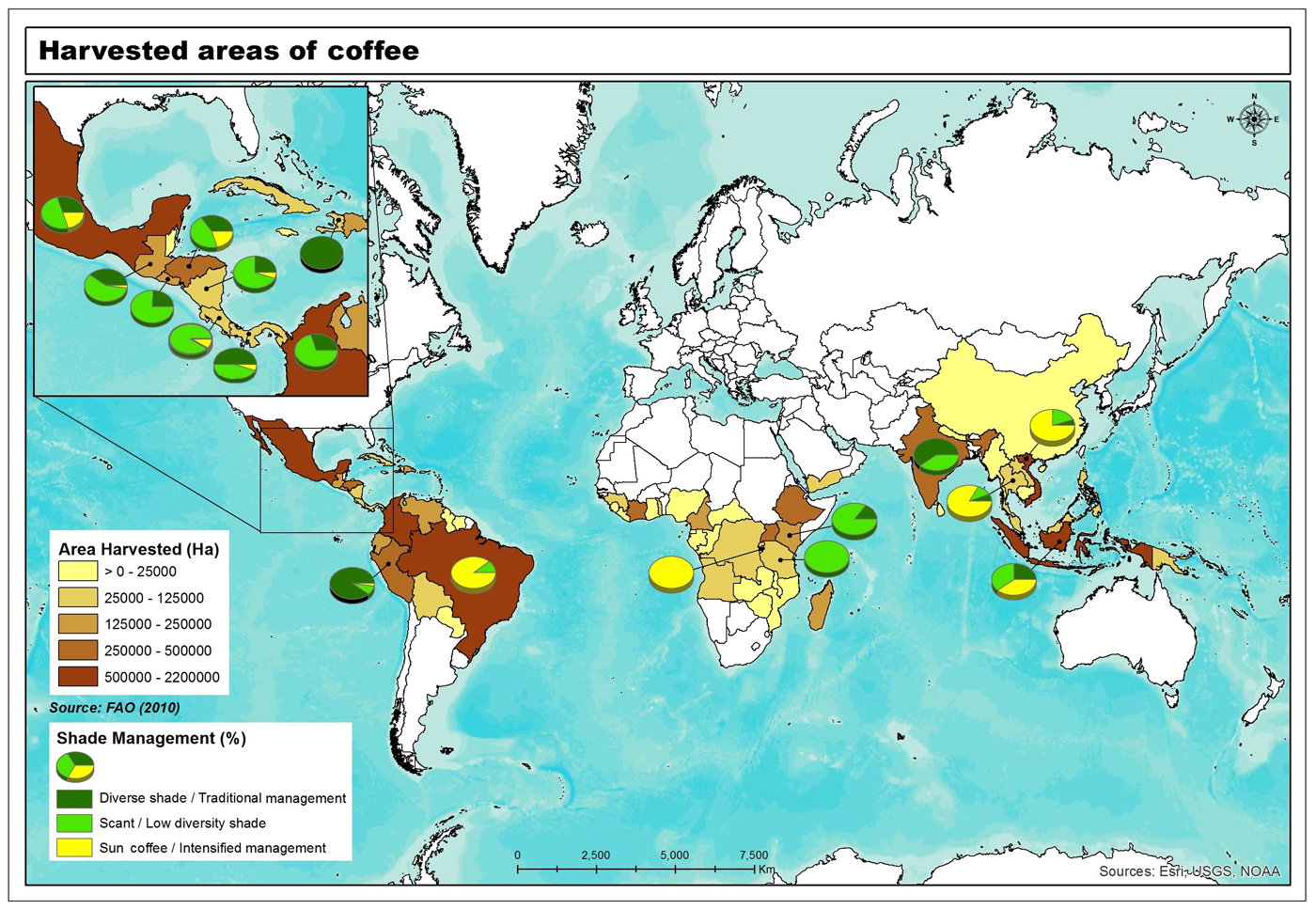Combining Agrochemicals More Harmful to Bees than Previously Understood
Bees perform critical services in ecosystems, including by pollinating the plants that humans and other animals rely on for food. According to new research, however, bees exposed to multiple types of agricultural chemicals face much greater risk than previously understood. The finding, published in the journal Nature, has researchers raising the alarm that regulatory approval processes need updating to allow for more consideration of the environmental risks brought about by these chemicals' interactions.



























